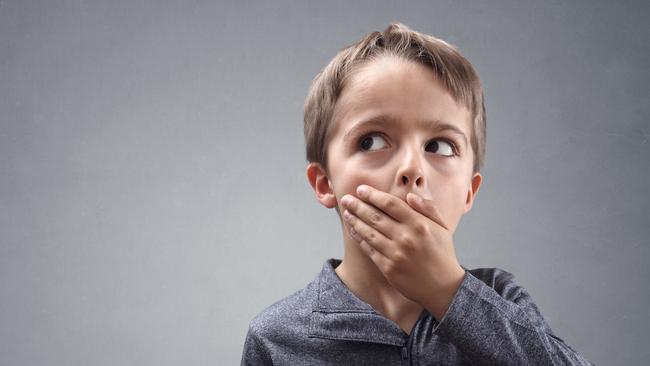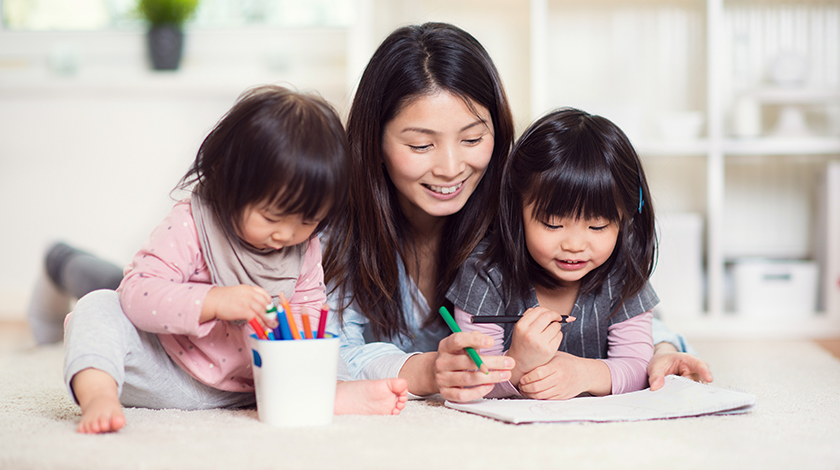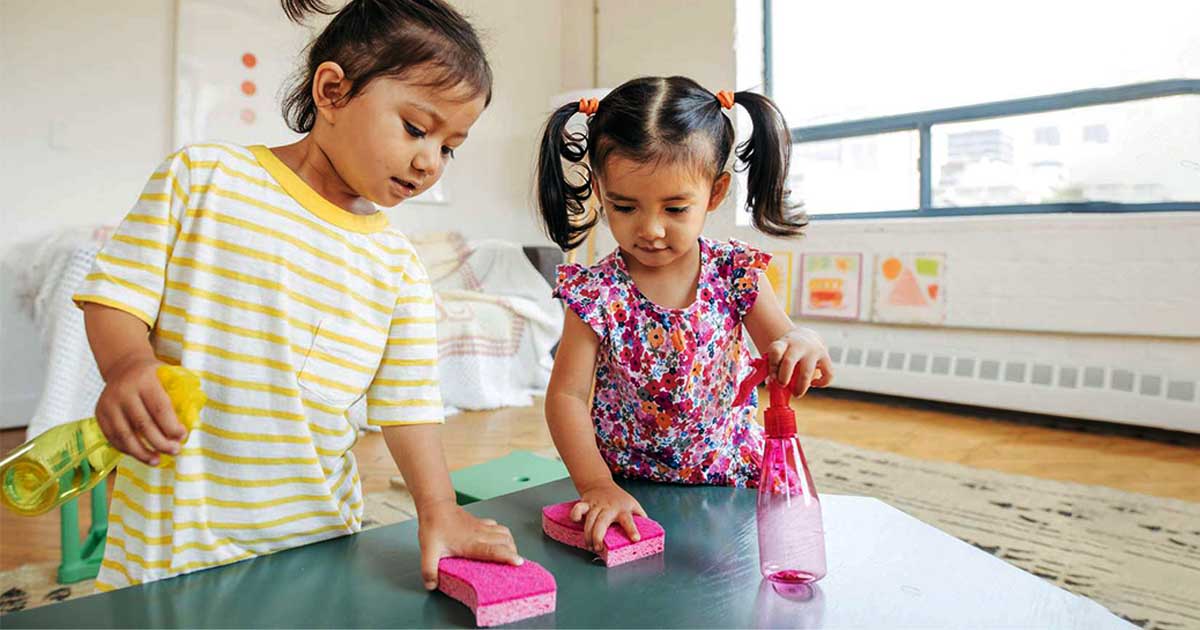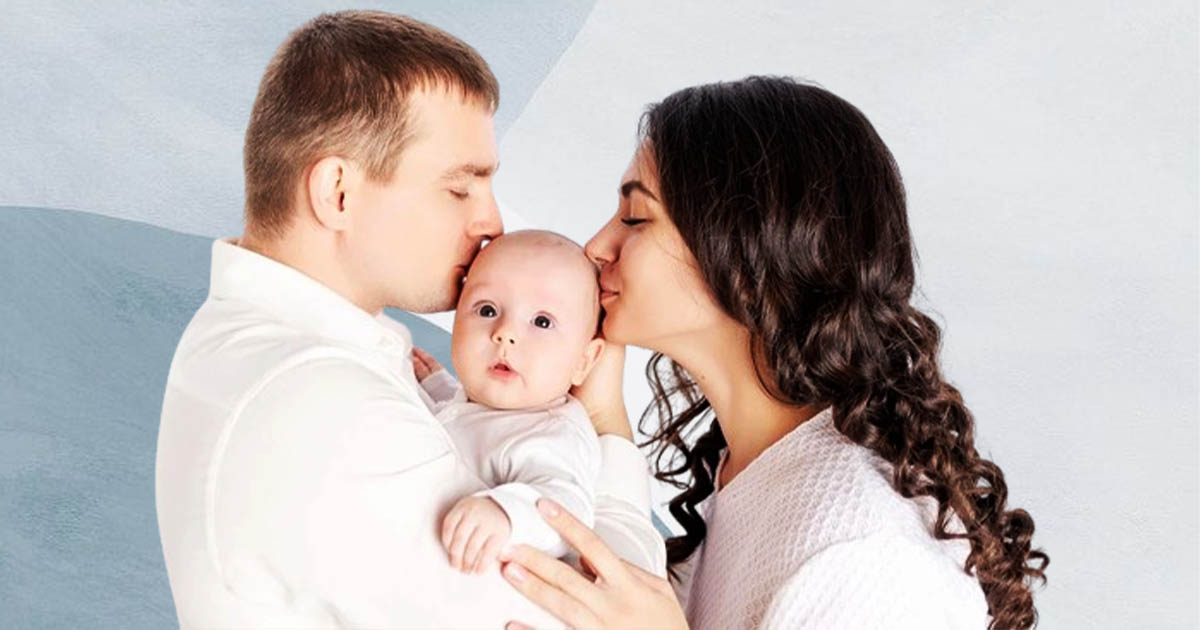Your child’s tween years are a time of constant development and reaching milestones! However, there are moments when tweens pick up certain behaviors that may prove challenging.
They might not even know they have the habit of biting nails, picking their noses or playing with screens too often. Like adults, breaking tween bad habits takes real effort and commitment.
Do not panic if your tween has developed a few habits; this manual will be useful to you. We will discuss why these habits occur in the first place and offer you ten very simple ways to make your child give up on them.
The goal is to smoothen your tween experience and prepare for an enjoyable teenagehood.
Need For Breaking Tween Bad Habits
It is essential to break bad habits during the tween years (typically ages 9 to 12) for several reasons. This phase of development marks a significant turning point between childhood and adolescence, and the habits formed during this moment can make or break a person’s health.

Tweens are developing certain habits that can go on until they are adults. At this juncture, dealing with and transforming poor behaviors can prevent them from becoming entrenched in them, making it more difficult to unlearn them in the future.
Many habits formed during the tween years have direct implications on physical and mental health. These may be eating patterns, exercise routines, sleep patterns, or screen preferences. Dealing with these at an early stage helps in overall improved well-being.
For instance, academic success may be determined by such habits as time management, organization, and study skills. Additionally, communication and empathy are some social habits that determine whether a relationship will succeed or not.
Breaking tween bad habits contributes to improvement in communication between family members hence creating trust and improving family relationships in general. This is important for families who want to create a healthy environment for their children as they transition into adolescence.
Read More: Why Is My Depression Getting Worse? 5 Alarming Bad Habits
Some Common Tween Bad Habits
During this stage, adolescents may acquire some traits that could be considered as bad or harmful. Some of the common bad habits among the tweens include:
1. Blaming Other People.
Your tween is at an age where taking responsibility for actions is crucial. Teach them problem-solving skills and to focus on finding solutions rather than casting blame on others.

To do this, they must understand their part in things and this means encouraging open communication where you can talk about challenges your child faces without having to resort to blaming.
2. Allowing Others to Do Things For Them
Your tween needs his independence as he grows; therefore, give him age-appropriate responsibilities.
3. Swearing
Have an open conversation with your child regarding how words matter and how important respectful communication is for any society. Provide alternative phrasing for anger or excitement at home within this framework.
Read More: 7 Early Signs of Childhood Mood Disorders and Ways To Treat
4. Whining all the time
Practice gratitude by urging your preteenager to think about what is going well in his life. Train them to consider challenges as potential areas for growth and not complaints only. Be a good example of positive behavior since you can greatly impact your kid’s attitude toward life.
5. Poor Hygiene Habits
Adolescents face hygiene issues during the puberty stage which are best addressed through imparting relevant knowledge and providing required products such as soap, towels, shampoo and conditioner in their bathroom etcetera; Use water daily, especially after gym class or any physical activity.
6. Sleeping Late
Gradually establish a sleep schedule through turning off electronics gradually at night time; Encourage bedtime routine-making sure that there are no television sets or computers in the room.
In case your tween cannot wake up on time there should be certain consequences and should also gradually be taught to take responsibility for their morning routines.
Read More: What Is Sleep Training: 5 Expert Tips To Help Regulate Your Child’s Sleep Pattern
7. Being Always Right
During this phase, tweens might begin to question authority as they develop a sense of independence. Reiterate family values and expectations about respect. Be a role model for good behavior, and deal with any rudeness or disrespect as soon as possible. Implement sensible punishments and discuss standards for the future.
Parents, teachers, and caretakers are important in helping children make positive changes in their lives during adolescence.
Essential Tips For Breaking Tween Bad Habits
Combining understanding, communication, and practical strategies is important for breaking bad habits in tweens. This article gives ten tips on how to break bad habits for tweens:
1. Open Communication
Create an atmosphere in which your tween feels at ease to let you know about their habit without being judged.

Make them understand that they can freely express themselves without having to go through immediate consequences.
Read More: Communication Disorders: 10 Signs, Causes, Treatment, FAQs
2. Set Clear Expectations
Clearly explain what is expected as far as behaviors and habits are concerned. Sit down with your child and talk with him or her about what is right and wrong. This will help your child understand the limits.
3. Positive Reinforcement
Recognize and reward good conduct. When your kid makes headway in stopping a poor act, compliment or gift them something small as a way of reinforcing his or her progress. It motivates him or her to continue with the positive trend.
Read More: What is Dolphin Parenting Style? 5 Effective Strategies That Work Wonders for Kids
4. Identify Triggers
Figure out together which situation leads to doing the bad habit. Knowing the exact situations or feelings that induce these actions may help make necessary changes or deal with them in a wholesome way.
5. Alternative Coping Mechanisms
Find healthier ways of dealing with stress, anger, or boredom for your tweenager. Teach your child other methods of expressing his emotions such as hobbies, friends communications and mindfulness techniques.
6. Create a Visual Chart
Make a graphic representation of breaking the habit process for a tweenager such as a chart that he can cross off each successful day without it. The visualization of progress can be really motivating and reinforce positive behavior.
7. Involve Them in Decision-Making
Give tweens some say when it comes to deciding what should be thrown away that is no longer needed. Teach them that constructive change happens faster when you give others room to participate during the decision-making process.
8. Provide Resources
Ensure that your child has all the necessary materials needed to stop that habit. If this is a hygienic habit, ensure that he or she has the right products and understands how to use them.
9. Role Modeling
Be a role model by practicing what you preach. This is because young teens often copy the behavior of adults around them, so show them the habits you would like to see in your children.
10. Consistent Consequences
Clearly state what will happen if they continue having the bad routine. However, ensure that consequences are both consistent and justifiable. This helps your tween understand the real-world impact of their actions.
It is important to proceed with understanding that these kids are going through great changes and adjustments should be made accordingly as you aim at building positive habits together through regular check-ups.
Read More: How Abortion Impacts Mental Health? 5 Self-Help Tips To Cope
A Word From Mind Family
Childhood and teenage years are periods full of growth and self-discovery. We understand that practices created during these crucial moments can have long-term impacts on a teenager’s well-being.
However, it’s not just rules and consequences when it comes to breaking these habits; parents, teachers, and guardians must all collaborate. They should also remember that each child is unique, thus there must be an individual approach to how they can stop the bad behaviors.
Parents, educators, and caregivers too, have a significant role in shaping the character of children in this generation. Mind Family encourages you to be patient, and understanding with committed to developing good habits for tweens that will continue benefiting them throughout their entire adolescent life and beyond.
Frequently Asked Questions (FAQs)
1. Why is breaking tween bad habits important?
Adolescence is a critical period in life as what people become is mostly determined by this stage. At 9 to 12 years, the developed habits affect health and lifestyle, academic performance, and relationships with others. Inculcating right habits early prevents wrong ones from getting stronger thereby promoting wellbeing for all.
2. What are some common tween bad habits?
Some of the most common bad habits among tweens include blaming others, poor hygiene, sleeping late, unhealthy eating, and disrespectful behavior; these impact different spheres of their lives which call for proactive intervention.
3. What are some methods for breaking tween bad habits?
Some of these strategies include opening communication channels, setting objectives, enforcing positive reinforcement, identifying problems and triggers, teaching them how to handle certain situations using visual aids, involving them in making decisions, and providing resources they can use for instance the internet, and sanctioning those who break the set rules.











